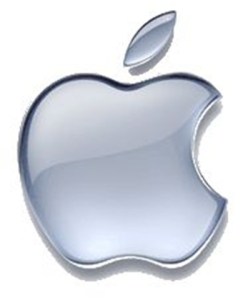 A consortium of Japanese publishers has issued a statement condemning Apple for distributing copyrighted material, says the Wall Street Journal. The group says works by Japanese authors Haruki Murakami and Keigo Higashino were among material that was illegally copied and then distributed via Apple’s App Store.
A consortium of Japanese publishers has issued a statement condemning Apple for distributing copyrighted material, says the Wall Street Journal. The group says works by Japanese authors Haruki Murakami and Keigo Higashino were among material that was illegally copied and then distributed via Apple’s App Store.
Japan Book Publishers Association, Japan Magazine Association, the Electronic Book Publishers Association of Japan, and Digital Comic Association issued the statement on Tuesday and referred to Apple’s distribution of the copyrighted material as “illegal” and called on the Palo Alto-based company to reveal data on the sources of material that appear in the App Store. “The associations we represent believe that Apple bears grave responsibility for this problem,” stated a press release issued by the consortium.
According to the group, Apple has responded by saying that it is not able check for copyright infringements as part of its app approval process. The consortium calls Apple’s response ” a wholly unconvincing explanation.”
The dispute is similar to an ongoing lawsuit brought against YouTube by Viacom. Google’s YouTube is being sued for $1 billion for hosting material held in copyright by Viacom. Both Apple and YouTube remove infringing material after receiving notice from a copyright holder. Viacom’s position is that it is the content host’s duty to ensure that infringing material doesn’t appear online in the first place.
As the Wall Street Journal points out, the Japanese publishers objections occur as Japan’s tech industry is competing with Apple for a share of the tablet computer and e-reader markets — an area currently dominated by Apple’s iPad.
The Japanese publishers have reportedly asked for a meeting with Apple’s Japanese division to discuss their copyright grievances.
Editors' Recommendations
- Apple lifts the lid on how its App Store generated $500B in 2019
- Apple App Store error reportedly saw 20M ratings erased in a week


